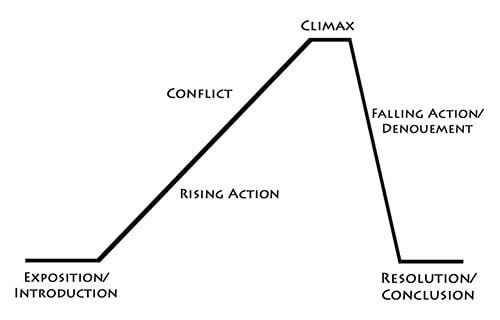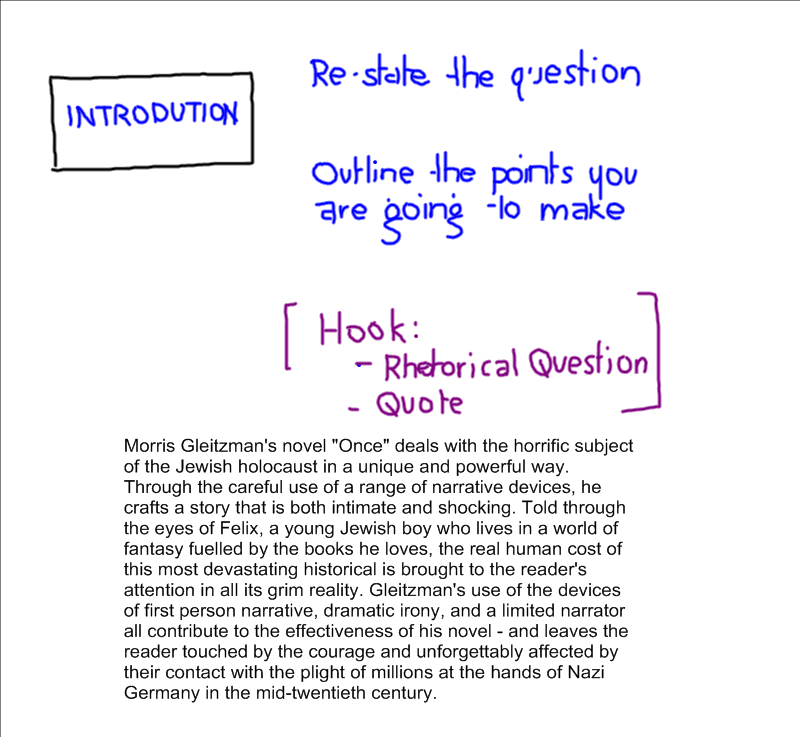Want to write a better essay in the 2023 WASSCE English Language? Here are a few tips that will help you to write the best English Language essay for the 2023 WASSCE.
Writing a compelling composition necessitates careful planning, organization, and effective language use. This article aims to give students a comprehensive guide on how to write an outstanding composition for the 2023 WASSCE, ensuring they can express themselves clearly and impress the examiners.
1. Understand The Plot Of What You Are Writing

Before beginning to write, it is critical to thoroughly understand the prompt. Take the time to research the topic, identify the main idea, and understand the writing style required. This step ensures that your composition stays on track and adequately addresses the prompt.
2. Plan And Make An Outline

A well-structured composition requires effective planning and outlining. Begin by generating ideas for the topic, noting key points, and organizing them logically. A well-defined outline will act as a road map for your composition, ensuring a smooth flow of ideas and preventing any potential deviations.
3. Clear Introduction

The introduction establishes the tone for your composition and draws the reader in. Begin with an interesting opening sentence or a thought-provoking question about the topic.
Give a brief overview of what the composition will cover without giving too much away. Finish the introduction with a strong thesis statement that emphasizes your main argument or point of view.
4. Paragraphing
The body paragraphs are the heart of your essay. Each paragraph should concentrate on a single idea or point that is supported by evidence, examples, or anecdotes. Each paragraph should begin with a clear topic sentence that introduces the main idea.
Follow it up with supporting details that expand on your point of view. To ensure coherence, use transition words and phrases to create a smooth flow between paragraphs. To improve the quality of your writing, vary your sentence structures and use effective language techniques such as similes, metaphors, and rhetorical questions.
5. Conclusion
The conclusion gives your composition a satisfying ending and reinforces your main ideas. Restate your thesis statement and summarize your key points in a fresh and concise manner.
Avoid introducing new information or ideas. Instead, leave the reader with a memorable final thought, a call to action, or a reflective statement that will stick with them.
6. Usage Of Your Grammar
Pay close attention to your language usage and grammar to excel in the English Language paper. To express your ideas accurately and precisely, use a variety of vocabulary.
To ensure clarity, use appropriate sentence structures and tenses. Proofread your work to ensure that there are no spelling or punctuation errors. Maintain a formal tone throughout, avoiding slang or colloquial language.
7. Practice More
Practice is the key to improving composition writing skills. Make time to write on a regular basis, focusing on different topics and genres.
To identify areas for improvement, solicit feedback from teachers or peers. Examine your compositions for structure, coherence, and language usage. Analyze model compositions to learn about effective writing techniques and how to apply them to your own work.
READ ALSO: What’s The Difference Between A Curriculum Vitae (CV) And A Resume?





